
Mounk makes the case here for classical liberal values, untainted by what he sees as the distorting effect of identity politics. It’s convenient to treat people as members of their identity groups, according to their racial characteristics, gender, etc. But this is only ever going to be a rule of thumb, an approximation to what we really want. For example, affirmative action policies are probably better than nothing, but we shouldn’t just then sit back and think our job is done. We don’t really want to give people benefits based purely on their identity groups; instead we want to base it on each person’s individual needs. This is much harder of course! We should recognise that identity group-based policies are just a rough-and-ready first attempt; they are not the best solution.
Continue reading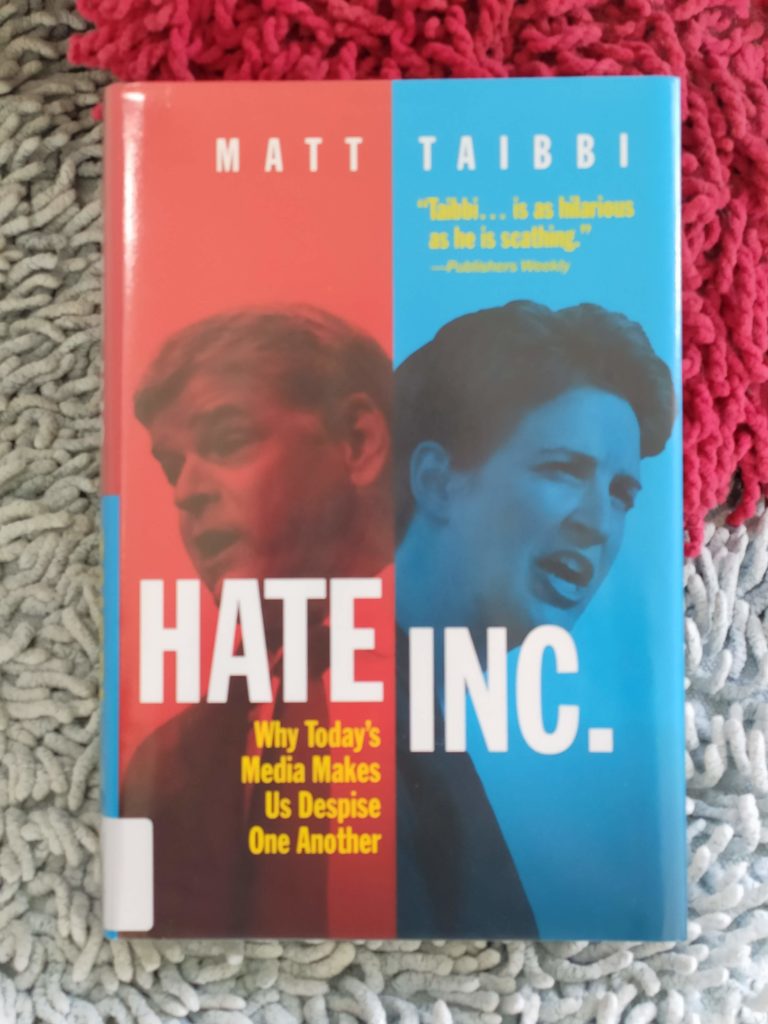
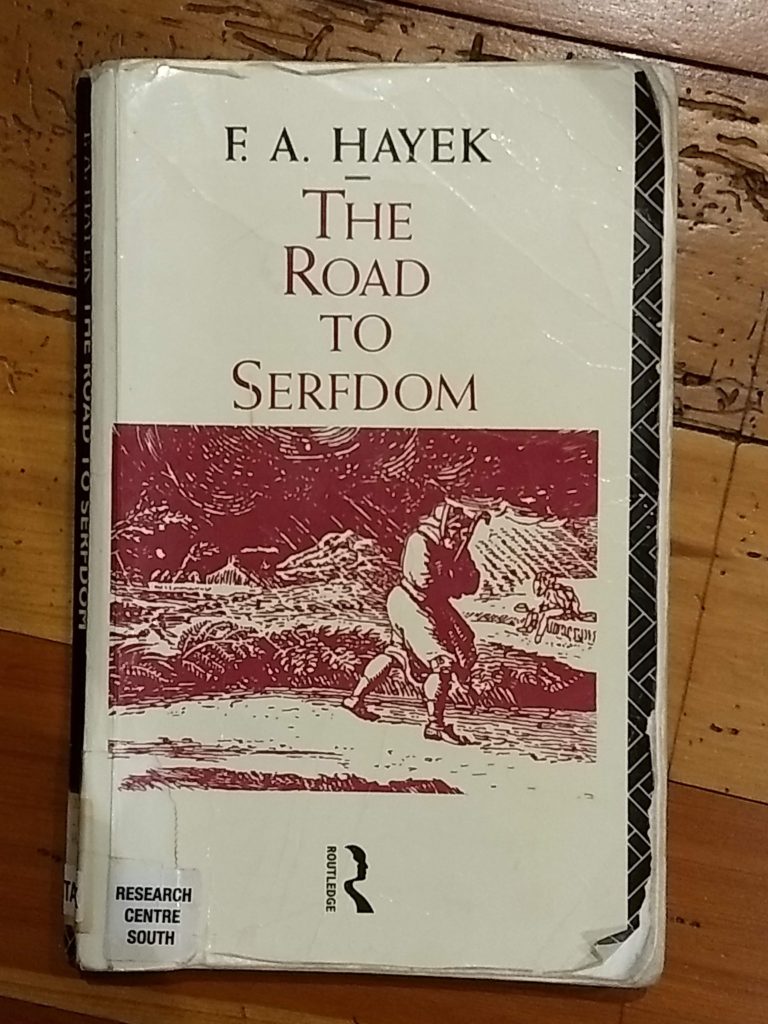 “Freddie” Hayek is, of course, famous for the
“Freddie” Hayek is, of course, famous for the 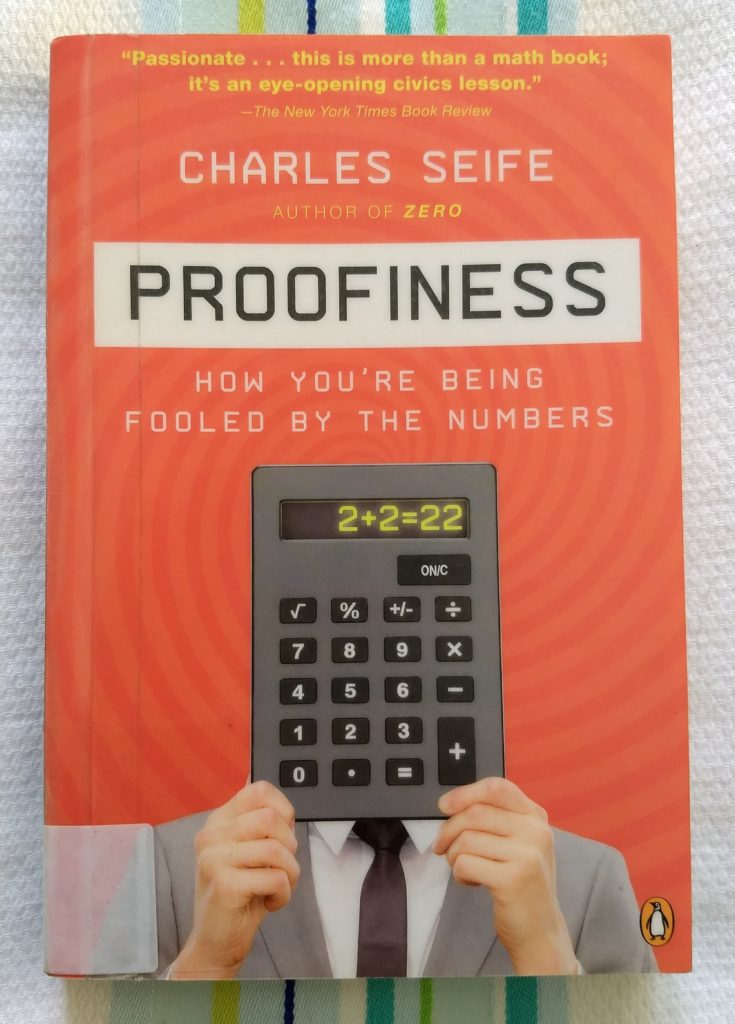 This is a great survey of all the ways to lie with statistics, and how to avoid being fooled by them. So many of the things we read and hear are based on numerical data, and often it’s hard to argue with them — “the numbers don’t lie”, they say. And it’s true: numbers don’t lie. But people lie, sometimes using words and sometimes using numbers.
This is a great survey of all the ways to lie with statistics, and how to avoid being fooled by them. So many of the things we read and hear are based on numerical data, and often it’s hard to argue with them — “the numbers don’t lie”, they say. And it’s true: numbers don’t lie. But people lie, sometimes using words and sometimes using numbers.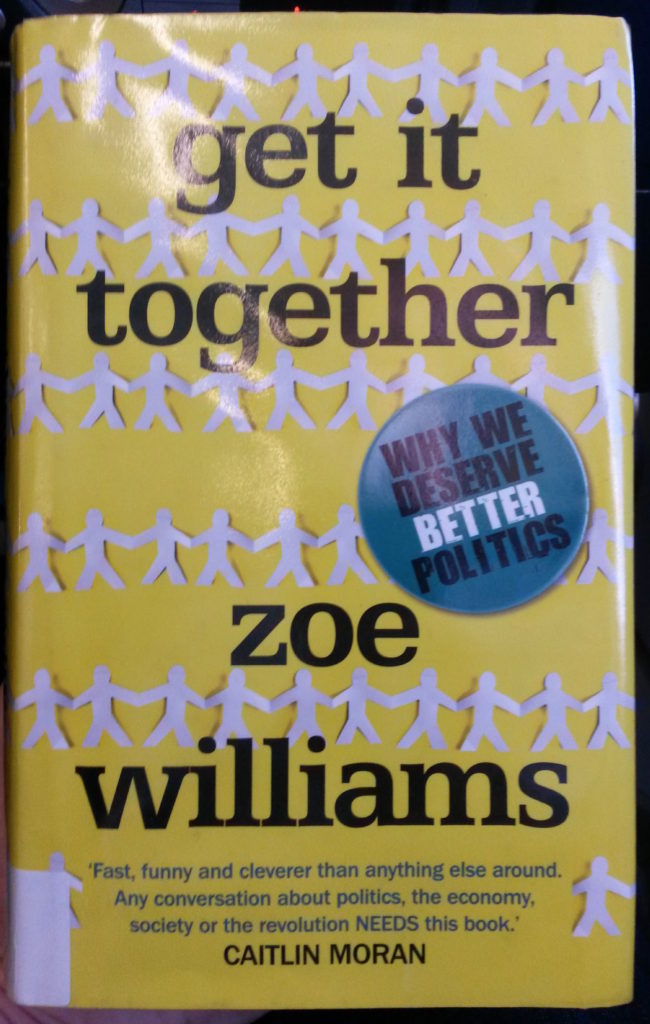 I love this book. It’s a heartfelt, clear-eyed, inspiring clarion call for everyone to get together to make the world more livable. Her ideas are all so practical and achievable that I actually feel hopeful that they could really happen.
I love this book. It’s a heartfelt, clear-eyed, inspiring clarion call for everyone to get together to make the world more livable. Her ideas are all so practical and achievable that I actually feel hopeful that they could really happen.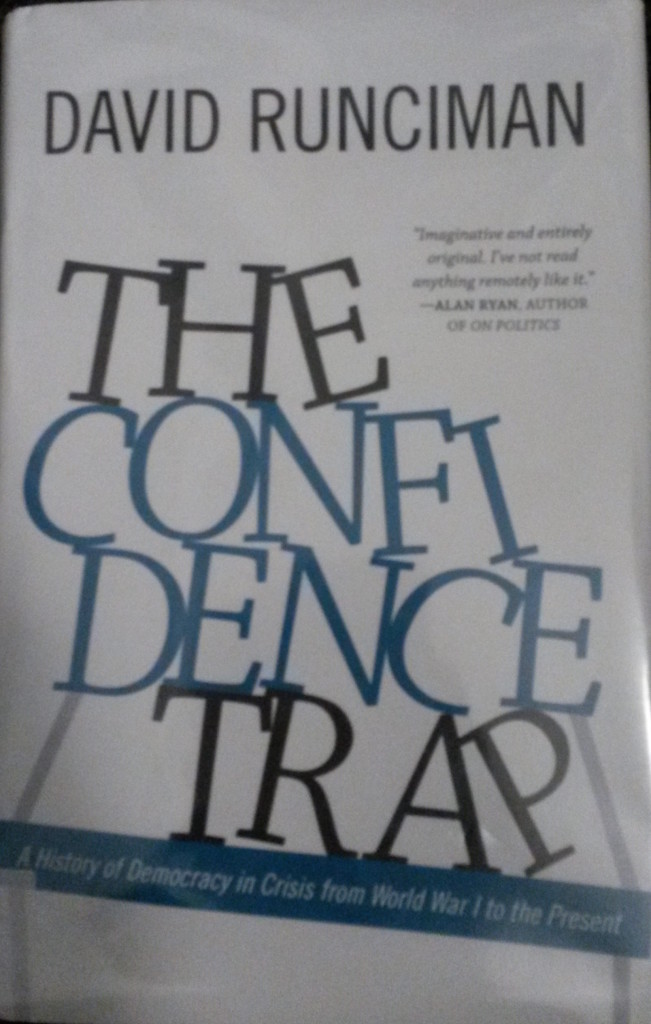 An interesting survey of the working of democracies, as illuminated by their responses to the last hundred years of democratic crises. The idea is that the inherent flexibility of democracies is their main strength but also an inescapable weakness:
An interesting survey of the working of democracies, as illuminated by their responses to the last hundred years of democratic crises. The idea is that the inherent flexibility of democracies is their main strength but also an inescapable weakness: